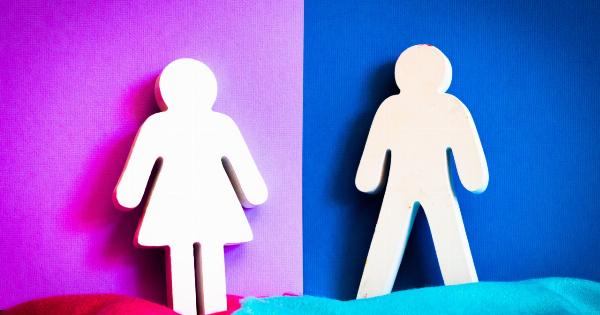Depression is often stereotyped as an illness that affects only women, but men can suffer from it as well. Unfortunately, men are less likely to seek help or speak openly about their symptoms.
This can lead to depression going untreated, making the symptoms worse, and potentially causing long-lasting effects on mental health. Therefore, it’s crucial to understand the basic symptoms of depression in men to help ourselves and our loved ones.
Symptom 1: Low Mood
Depression affects the way we think and feel. The most common symptom of depression is a persistent low mood. You might wake up feeling low, or your mood may gradually worsen as the day goes by.
Men might not cry or show other visible signs of sadness the way women often do, but they might talk about feeling like they’re in a ‘funk’ or grouchy all the time. This feeling of sadness and low mood lasts for extended periods and can be challenging to shake off.
Symptom 2: Physical Symptoms
Depression is often associated with emotional pain, but it can manifest physically, too. Men with depression might experience aches and pains (headaches, stomach aches, etc.), without any known physical cause, that persist for long periods.
Sleep problems, including insomnia and hypersomnia, are also common. Even if they manage to sleep, sleep disturbances, including nightmares, can lead to daytime fatigue and sluggishness. They may also report changes in appetite or weight.
Symptom 3: Anxiety and Irritability
Depression can also cause an increase in feelings of anxiety and irritability.
Men may find themselves worrying about small things that usually wouldn’t bother them or being easily agitated, for instance, when stuck in traffic or when dealing with a minor inconvenience. Men with depression might also worry excessively about the future, leading to a constantly racing mind, making it hard to concentrate and remain present in the moment.
Symptom 4: Guilt and Self-Worth
Feelings of guilt and worthlessness are another common symptom of depression in men. They might start thinking negative thoughts about themselves, their actions, and their worth.
Men might blame themselves for things that are beyond their control, making them feel helpless and powerless. As their self-worth deteriorates, they might find themselves becoming more withdrawn, turning off their social circles, and disconnecting from activities they usually cherish.
Symptom 5: Thoughts of Self-Harm or Suicide
When depression goes untreated, it can lead to severe feelings of hopelessness and an overwhelming sense of despair.
In men, depression can manifest as a lack of purpose and problems with identity and can, at times, lead to thoughts of self-harm or suicide. It’s essential to be aware of these thoughts and seek help immediately if they occur.
Conclusion
Depression is an illness that affects everyone universally, including men. Recognizing the symptoms outlined above is essential in seeking help for depression.
Whether it be through talking to a friend or seeking professional help, it’s essential to understand the symptoms to encourage men to address their depression more openly and work towards better mental health.



























